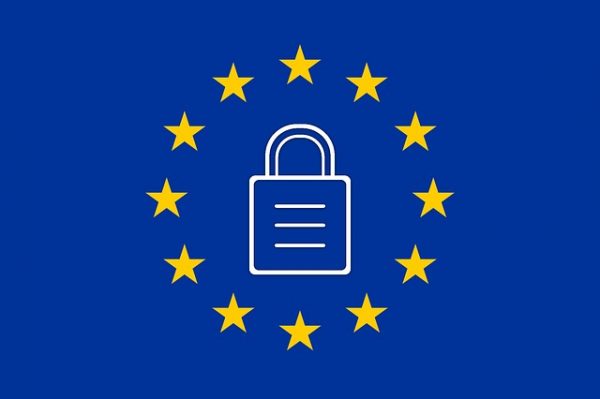
Institute of Fundraising launches diversity strategy
July 10, 2019
Face-to-face & telemarketing driving donor acquisition in Spain
July 10, 2019At last week’s Fundraising Convention in London, two benchmarking reports were launched, showing how GDPR has changed the UK fundraising landscape, increasing the focus on supporter engagement.
Tracking Direct Debit trends
Charity payment specialist Rapidata Services unveiled the latest regular giving trends at the Institute of Fundraising event, showing that GDPR had a ‘major’ impact on Direct Debit donations. Cancellations fell to all-time low during 2018, but the acquisition of new supporters also dropped by almost a third as charities pulled back on donor recruitment campaigns to adjust to the new data protection requirements.
According to Rapidata’s Charity Direct Debit Tracking Report 2019, the 32% fall in acquisition volume from 2017-2018 is attributed to a reduction in ‘traditional’ fundraising activity through channels such as direct mail, telephone and face-to-face during the build up to and implementation of GDPR. But the 2019 dataset indicates strong signs of recovery with high growth (53%) in the acquisition of regular givers during the first quarter of the year.
An increased focus on supporter care and the fall in acquisitions is thought to have prompted the decrease in the proportion of donors cancelling their regular gifts. Cancellations fell steadily from month to month across the first half of 2018. In May 2018, the month that GDPR came in to force, cancellations dropped below the 2% threshold (at 1.95%), compared with 3.07% in 2017. For the year as a whole, the average charity Direct Debit cancellation rate plummeted to a record low of 2.14%, less than half the level seen ten years previously.
Scott Gray, head of payments at the Access Group and research lead on Rapidata’s tracking study, which reports on data from over 600 charities, says:
“We are now seeing greater emphasis on building engagement and deeper relationships, as well as smarter and more considered use of data.
“Initial results for 2019 are extremely promising with what looks to be a return to a more typical – but lower – cancellations cycle, as well as a strong increase in acquisition volumes. It seems unlikely we’ll ever again see the high cancellations rates of old.”
Payments body Bacs reports that over 4.3 billion Direct Debits are being processed annually in the UK, with charities receiving 108 million donations in this way in 2018.
Benchmarking fundraisers’ views
At the same event, the Institute of Fundraising and Blackbaud Europe came together to launch the second edition of the Status of UK Fundraising Benchmarking Report, covering a broad range of topics including job satisfaction for fundraising, the sector’s approach to income, strategy and use of digital.
When it comes to the impact of GDPR, the findings echoed those of Rapidata’s report indicating that the new legislation certainly had an impact, but it was not the ‘bogeyman’ that many had feared.
Less than a third (30%) of the 1,000+ UK fundraisers surveyed said that it had a negative impact on their ability to raise funds, with the large majority (77%) saying it made them think differently about engagement strategies. And yet, almost six in ten said the change in regulations was a drain on their resources.
Daniel Fluskey, IoF head of policy and external affairs adds:
“Undoubtedly, GDPR had an impact and effect last year on time and resources within organisations as they made the changes needed to systems and procedures, as well as staff training, but it’s interesting that the area of biggest impact was in leading charities to think differently about engagement.”




